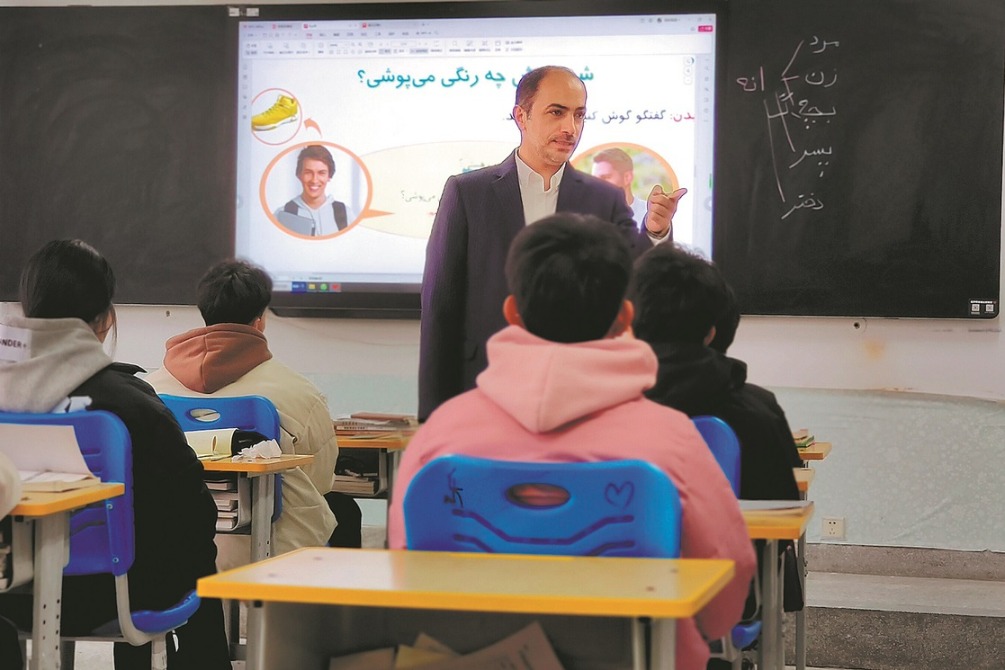Aussie prototype test predicts immune response to COVID-19
Xinhua | Updated: 2020-12-08 15:09

SYDNEYVC-- Australian researchers have developed a prototype test that can predict if a patient's immune system has the capacity to fight against COVID-19.
Researchers from the QIMR Berghofer Medical Research Institute said Tuesday that high levels of two key chemical signals produced by T cells were detected as the immune cells recognize and destroy cells infected with SARS-CoV-2.
Study leader and the head of QIMR Berghofer's Translational and Human Immunology Group, Associate Professor Corey Smith explained T cell responses are an important indicator as they arise earlier and last longer than antibody immunity.
"T cells produce a range of signalling molecules when they fight viruses. These signalling molecules are basically indicators of whether T cells are responding to the SARS-CoV-2 virus and are mobilising the immune army to launch an attack," Smith said. "If we can find a way to detect whether or not they are present, then we can find out whether or not a patient's immune system is responding as it should."
The research team isolated T cells from the blood samples donated by 44 recovered COVID-19 patients and 20 healthy donors, exposed them to viral peptides and measured the production of a number of different signalling molecules.
Researchers screened a range of SARS-CoV-2 peptides to work out which combination could be used to stimulate T cells in the laboratory.
"We found that T cells from people who had recovered from COVID-19 produced larger amounts of the signalling molecules interferon gamma and interleukin-2, which are involved in killing virus-infected cells and encouraging other T cells to come to the infected area," Smith said.
The research paper has been published in the journal of Clinical and Translational Immunology.
First author, QIMR Berghofer researcher Dr. Katie Lineburg said the information could be used to develop a blood test for an early immune response to the virus, helping countries experiencing second or third waves of infections.
"A blood test could help doctors identify patients whose T cells have not started mounting an immune response and who are therefore not fighting the virus and are at higher risk of becoming seriously unwell," Lineburg said.
"Those patients could then be monitored more closely to ensure they receive treatment early, rather than waiting until they experience severe symptoms."
























